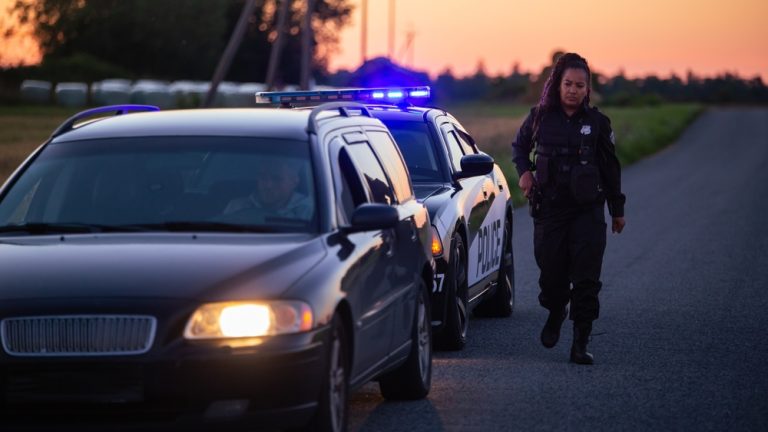Third DCA Defines Scope of Duty for Security Services Contracts
Third DCA Defines Scope of Duty for Security Services Contracts
When it comes to defining a security company’s obligations, words may speak louder than actions. On January 06, 2021, the Third District Court of Appeal issued its opinion in Margery Glickman and Fred Glickman vs. Kindred Hospitals East, LLC,et. al, holding that the scope of a security company’s duties is limited to the duties delineated in the security services contract. The Third DCA’s ruling serves to remind all parties to a security services contract of the importance of accurately defining the security companies’ obligations and responsibilities.
Margery Glickman and her husband sued Kindred Hospitals East, LLC and the Kindred Hospital’s security service, Nor-Set Security Services, for negligent security after Glickman was shot by another visitor while in the hospital’s waiting area. The shooter and Glickman were mutual friends of a patient who had just passed away in the hospital. Shortly after entering the hospital, the shooter opened fire on Glickman as the two were meeting in the waiting area. He then shot and killed himself.
In upholding the trial court’s summary judgment ruling in favor of Nor-Set, the Third DCA looked to the security services contract between Nor-Set and the hospital. The contract unequivocally stated that Nor-Set’s services were exclusive to hospital employees and that no other persons or entities were intended as third party beneficiaries. The Third DCA relied on the contract’s plain language in ascertaining the scope of Nor-Set’s services and found that Nor-Set owed no duty to the hospital’s visitors.
The Third DCA rejected Glickman’s argument that Nor-Set, by its actions, had impliedly expanded its role beyond the contracted-for services. Glickman argued that several of Nor-Set’s actions evidenced an assumption of obligations outside of contracted-for obligations including assuming the duty to protect visitors. Among these actions were issuing “post orders” to security guards regarding matters like patrolling, defining conduct when assigned to the front desk and requiring persons beyond the entry area to wear identifying badges or stickers. Additionally, Glickman pointed to deposition testimony by Nor-Set suggesting that the company promotes the safety of patients and visitors, not just employees. These factors, however, did not persuade the Third DCA to deviate from the contract’s terms in defining the scope of Nor-Set’s duties.
Security companies and their clients should anticipate that the law will limit imposition of security-related obligations to those delineated in the security services contract. The contract should be carefully crafted to accurately capture the intended scope of security services. And it is best to alter the written contract should course of conduct later change the parties’ initial expectations.








